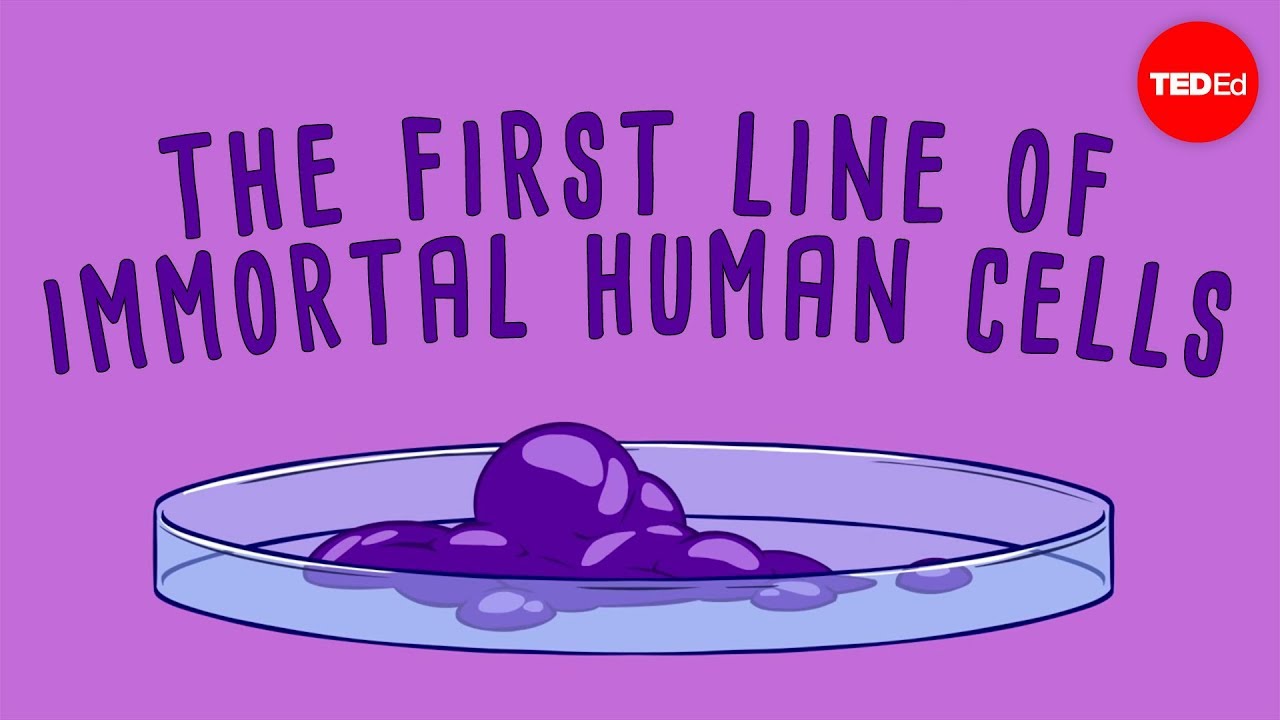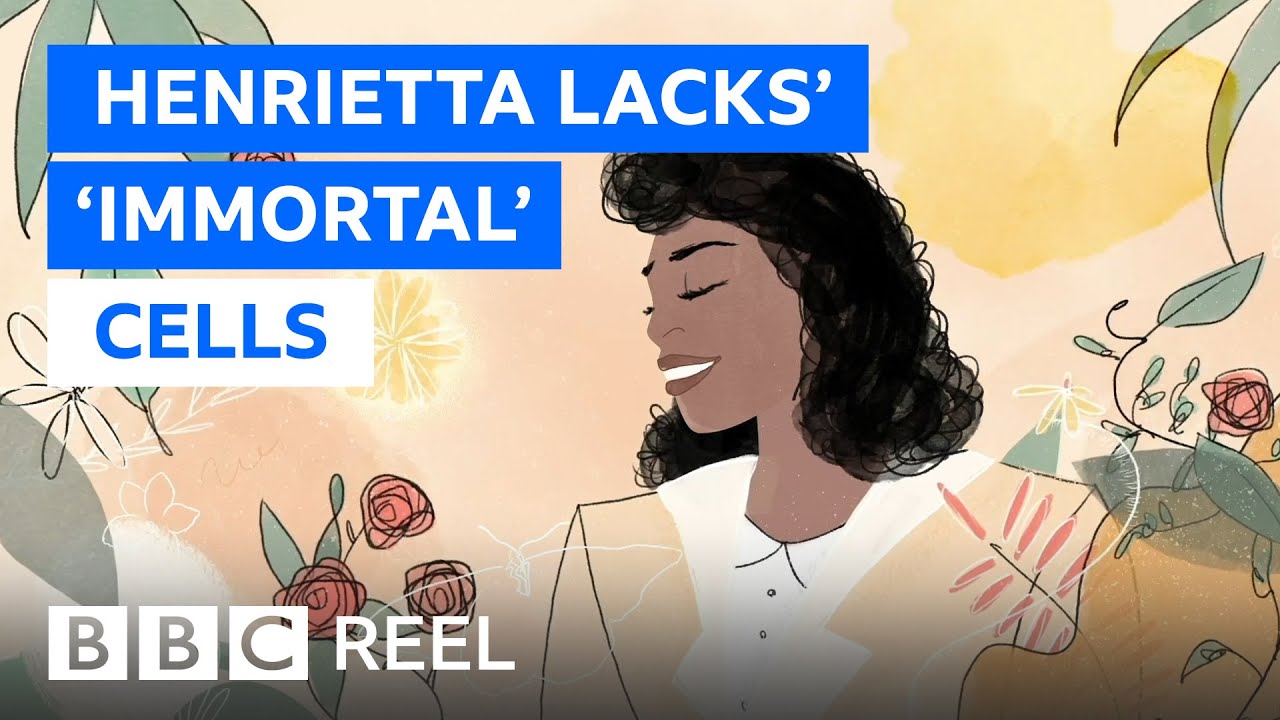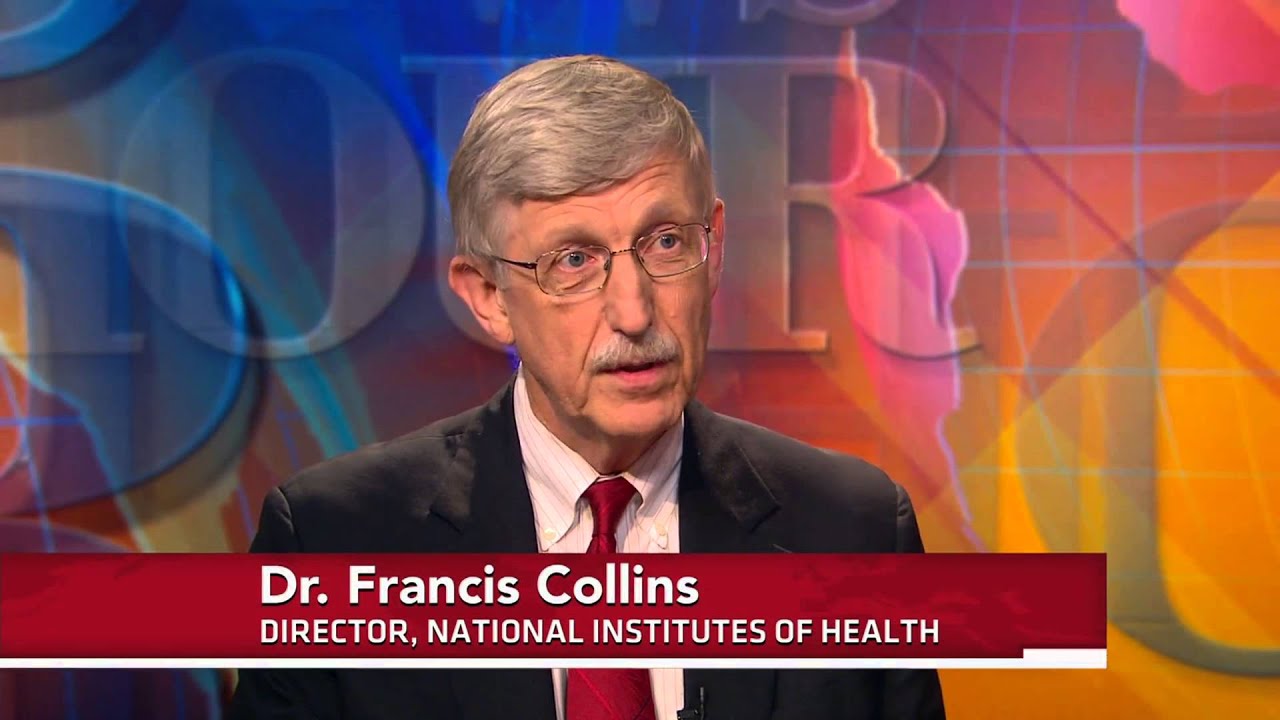Henrietta Lacks is a name that echoes through both medical research and ethical discussions. Her story is not just a tale of scientific advancement; it’s a reflection of a complex narrative that unpacks fundamental questions about consent, race, and human rights. Born in 1920, Henrietta’s cells, known as HeLa cells, have propelled advancements in medicine since they were taken without her consent in 1951. From developing the polio vaccine to paving the way for breakthroughs in cancer treatment, the impact of her immortal cells is nothing short of extraordinary. Let’s dive into the layers of this fascinating story—one that not only captivates movie buffs but also raises crucial ethical dilemmas in modern research.
The Immortal Cells: Henrietta Lacks’ Lasting Impact
Henrietta Lacks’ HeLa cells are a prime target in discussions of both scientific breakthrough and ethical concern. These cells were the first human cells ever successfully cloned, turning Henrietta into an unwitting pioneer in cell biology. Thousands of researchers have relied on these cells for decades, making monumental strides, such as developing cancer treatments and vaccines. The lasting impact of Henrietta Lacks extends beyond the lab; it challenges our understanding of medical ethics and the rights of individuals in research.
However, there’s a moral cost to consider. Henrietta’s story forces us to confront uncomfortable truths about racial disparities in healthcare. Her contributions were vital, yet her voice was silenced at every turn. Today, her legacy shapes discussions around informed consent—a critical aspect often overlooked in the face of monumental scientific achievements.
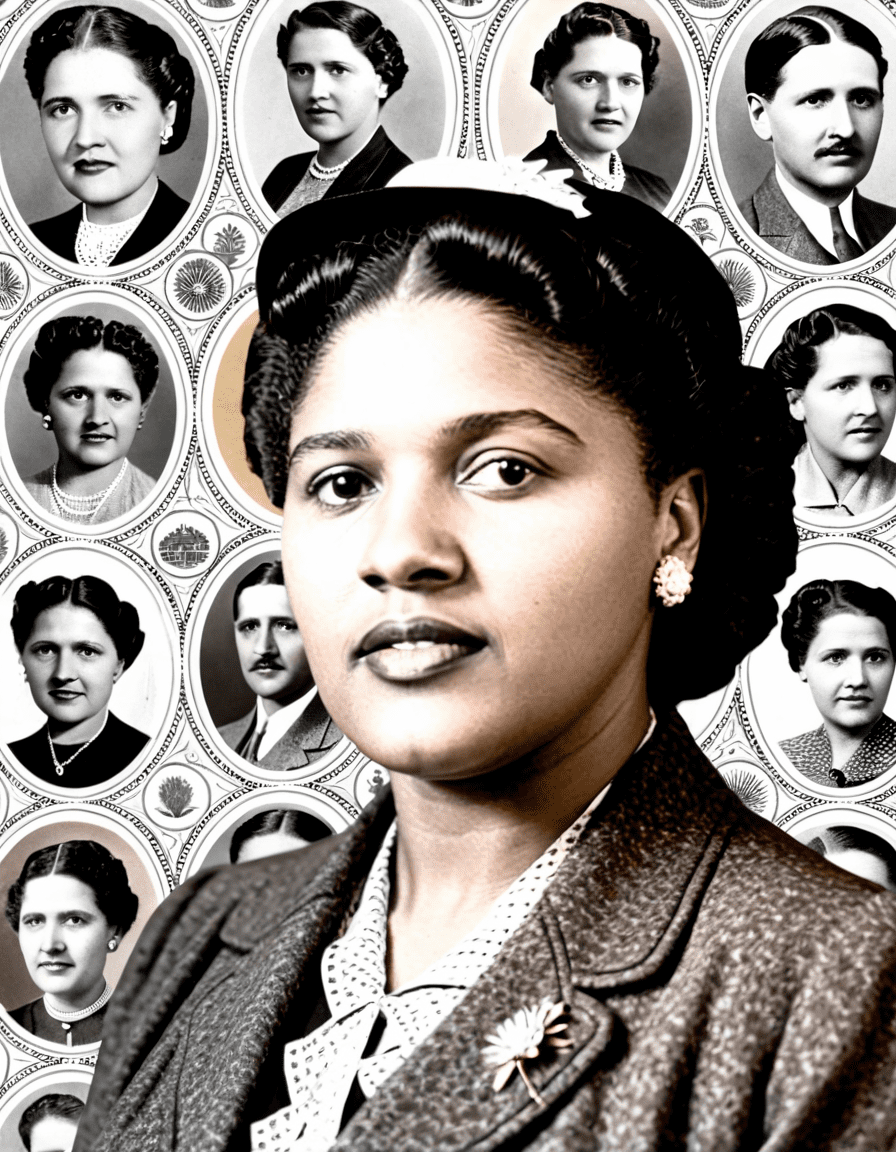
Top 5 Ethical Dilemmas Inspired by Henrietta Lacks
Henrietta Lacks’ story is a catalyst for thought-provoking ethical debates that remain prevalent today. Here are five key dilemmas worth contemplating:
The notion of informed consent takes center stage in Henrietta’s tale. This issue raises vital questions: Should researchers acquire explicit permission from individuals before using their biological materials? Lacks had no say in the collection of her cells, which leads to a growing concern about patient autonomy.
Race plays an undeniable role in Henrietta’s narrative. Historically, marginalized communities have been exploited in medical research. Her life reminds us that discussions about who benefits from medical advances must include voices from those often overlooked.
With HeLa cells in the hands of laboratories worldwide, who truly owns these biological materials? The commercialization of such research sparks debates about profit motives overshadowing ethical considerations—an astute observation indeed when looking at modern healthcare.
The narrative surrounding Lacks shines a light on the need for diverse representation in medical histories and decision-making. Emphasizing inclusive approaches in science not only honors Henrietta’s legacy but ensures better practices moving forward.
Henrietta’s story raises eyebrows about the commercialization of medical advancements. Navigating profit and ethics is a delicate dance, leaving many to wonder if good intentions can sometimes slip into exploitative practices.
Sidequest of Scientific Innovation: The Advancements from HeLa Cells
The contributions of Henrietta Lacks to science have been extraordinary in the way they affect various fields of research. Let’s take a closer look at some of the remarkable milestones achieved through HeLa’s prowess:
HeLa cells played a pivotal role in the development of the polio vaccine by Jonas Salk in the 1950s. Thanks to Lacks’ cells, researchers could test vaccine efficacy safely, saving countless lives. This was the kind of practical magic that transformed public health!
In the realm of oncology, HeLa cells offered groundbreaking insights into cancer biology. Researchers have been able to study how cells evolve, aiding the development of targeted therapies that pinpoint cancer cells while minimizing damage to healthy ones. It’s remarkable how one woman can change the trajectory of an entire field.
HeLa cells remain at the forefront of genetic research. They have advanced our understanding of chromosomal structure and gene expression, paving the way for innovations like CRISPR gene-editing technologies. It’s wild to think how Henrietta’s legacy continues to impact scientific discoveries today!
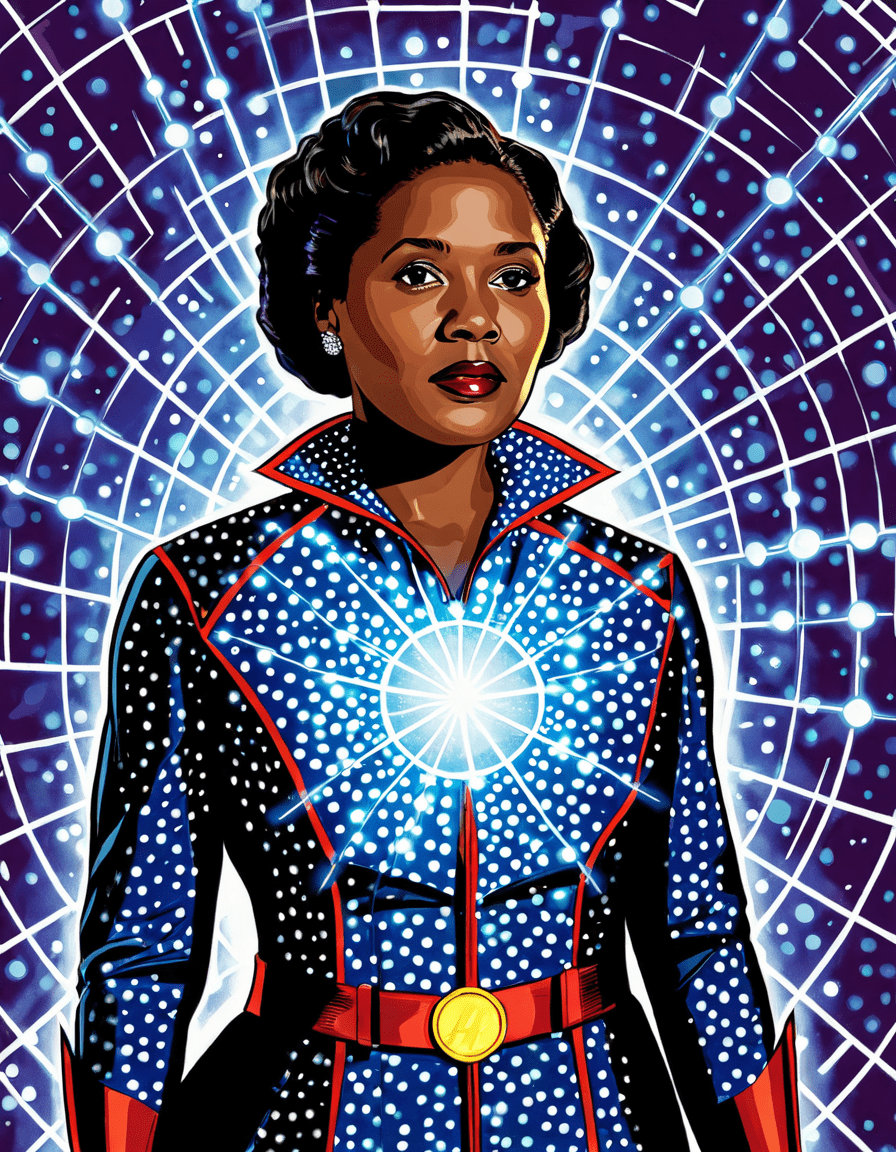
The Snowfall Cast: Modern Representations and Cultural Reflections
Recent representations of Henrietta Lacks in the media have contributed significantly to public awareness. The HBO film, “The Immortal Life of Henrietta Lacks,” featuring Oprah Winfrey, serves as a narrative pathway into her life. This portrayal not only humanizes Henrietta but also provokes vital conversations about ethics in science and the misrepresented stories of marginalized individuals.
Cultural reflections don’t stop at just one film. Documentaries, interviews, and books all add depth to her story, influencing public perception and reinforcing the importance of ethical considerations in research. With a star-studded cast and compelling storytelling, these pieces draw attention not only to Henrietta’s life but also to the pressing issues in modern-day medicine.
Practical Magic: Addressing Ethical Concerns in Modern Research
The legacy of Henrietta Lacks resonates even today, pushing for ethical reforms in medical research. Institutions are starting to act:
In recent years, organizations like the National Institutes of Health (NIH) have implemented rigorous protocols for obtaining informed consent. This shift aims to respect individuals contributing biological samples, promoting transparency across the board.
There’s a growing push for ensuring that minority communities are not just subjects in clinical trials but also engaged in the decision-making process. This step is vital as it embodies Henrietta’s legacy in tangible ways.
Education is vital in promoting awareness of Lacks’ story and its implications. Making space for dialogues that highlight the ethical treatment of all individuals in research fosters a more inclusive environment.
A Legacy Transcending Time
In conclusion, Henrietta Lacks’ tale transcends her individual experience, representing a larger narrative about ethics, equity, and scientific progress. Her immortal cells have changed the landscape of medical research, reminding us that ethical practices should guide our advancements. As we delve deeper into the potential of science to heal and innovate, let’s honor Henrietta’s legacy by committing to responsible and inclusive practices. The balance between scientific progress and ethical responsibility will dictate the future of research and the stories that emerge from it.
Let’s keep the conversation alive! Just as Henrietta Lacks’ story intrigues movie buffs and scientists alike, it continues to challenge all of us to reflect on the intertwined fates of progress and ethics in our ever-evolving world.
Henrietta Lacks: Trivia and Fascinating Facts
A Woman of Impact
Henrietta Lacks, often called the “mother of modern medicine,” had no idea that her cells, taken without her consent, would become one of the most important tools in medical research. Her HeLa cells have played a crucial role in countless breakthroughs, like the development of the polio vaccine, which allows millions to enjoy life without the fear of the disease. Can you believe a simple tissue sample could have such an extensive legacy? The influence of Lacks’ cells echoes through fields from cancer research to gene mapping—people like actress Gemma Chan have payed tribute to pioneers like Lacks who paved the way for future discoveries.
Pioneering Ethics
Though Henrietta’s cells have been revolutionary, her story also stirs a critical conversation about bioethics. You see, her cells were used without permission, igniting discussions about consent that still reverberate in today’s scientific community. Interestingly, like how her story has inspired actors such as Josh Gad to explore narratives that emphasize the personal stakes in scientific advancement, we’re reminded of the human beings behind the science. The tension surrounding her legacy begs the question: how do we balance innovation and ethics in research?
Cultural Resonance
The story of Henrietta Lacks continues to resonate beyond the laboratory. In recent years, films and books have brought her life to the forefront, making her story accessible to a wider audience. From documentaries to dramatizations, storytellers have worked hard to elevate Lacks’ impact. For instance, Natalie Morales captures the essence of her legacy in modern interpretations, helping new generations understand the importance of both scientific and moral progress. As we cultivate this narrative, we can’t help but think of the cultural fabric woven by figures like Natalie Wood, whose stories inspire us while spotlighting essential societal issues.
In conclusion, Henrietta Lacks’ legacy teaches us important lessons about the intersection of science and ethics. Her immortal cells not only shaped medicine but also sparked critical conversations that challenge how we perceive consent and human dignity in research. As we continue to grapple with these lessons, it’s vital to reflect on how we can honor her memory while pushing for a future that respects individual rights.


